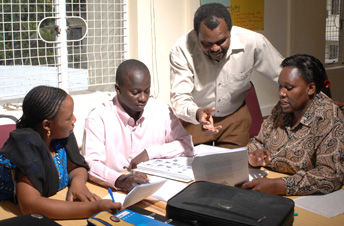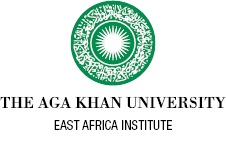Our History

"Much of AKU research, however, will focus on pressing issues of public policy … So important is this growing research capacity and informed discourse with policy makers, that the university must strengthen its public policy commitment."
His Highness the Aga Khan, AKU Convocation 2003
In late 2011 and early 2012, three consultation forums were held on the relevance and need for a regional policy think tank. The forums brought together East African leaders in business, civil society, government and academia as well as representatives of key diplomatic missions and bilateral donor agencies.
The leaders argued that the key policy challenges that confront East Africa arise from the interaction of multiple interdependent factors not readily addressed by traditional policy- and decision-making. They were unambiguous in their belief that such complex challenges must be met with integrated approaches to policy research and analysis complemented by parallel capacity building and public engagement.
The leaders viewed the proposed East Africa Institute, embedded within a regional university, as uniquely positioned to contribute to advancing a true East African perspective on these challenges. They expressed an overarching concern: the importance of exploring and supporting the evolution of an East African identity, a factor they viewed as a serious gap between policy and implementation within each of the nations of the Community.
In endorsing the proposed programmatic themes of the EAI, the leaders recognized that, by virtue of its AKDN affiliation, the EAI was uniquely positioned to bring together a network of implementation-oriented agencies to enhance the link between policy research and practice and augment the EAI’s relevance and impact. The network and other partnerships would include a broad range of stakeholders, including academia, research institutions, donors, governments, the EAC, the business community and civil society organizations.


